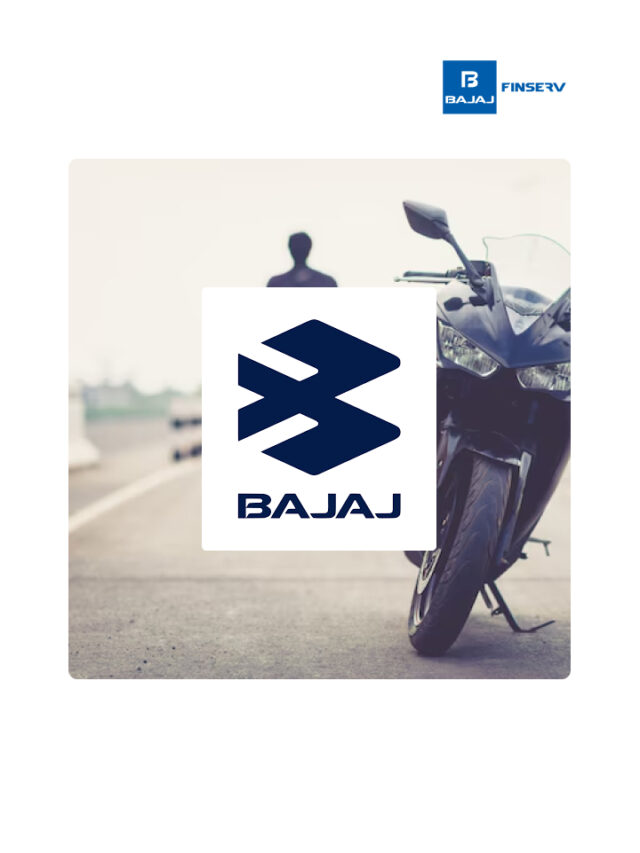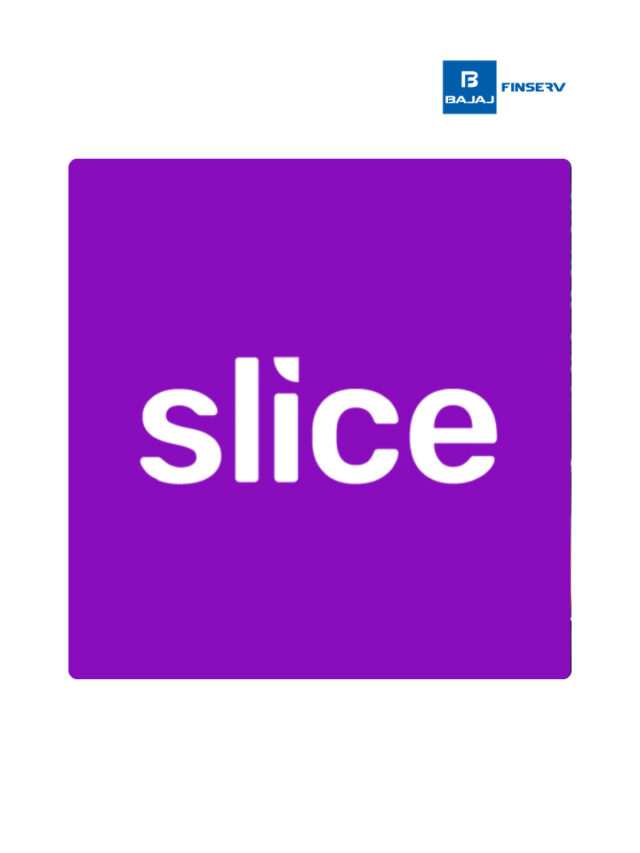7Th Cpc Children Education Allowance: Rules and Limits
Last Updated on December 22, 2023 by BFSLTeam BFSLTeam

In India, government workers receive financial support for their children’s education and hostel expenses through the Children Education Allowance (CEA). CEA for central government employees applies to all employees, including those from Nepal and Bhutan. The CEA encompasses various components, allowances, and periodic updates related to educational support for government employees. Notably, the CEA doubles the amount for differently-abled children compared to their normal counterparts.
Presently, the Children Education Allowance (CEA) is disbursed to students until class 12. Despite fervent requests for its extension to Graduate and Postgraduate students, the likelihood of acceptance is low due to the substantial variation like studies at these advanced levels.
Table of Content [hide]
Children Education Allowance (CEA) Rules and Regulations
The Children Education Allowance (CEA) is for central government employees in India for the schooling and hostel facilities offered to their children. Here are the key points of children education allowance rules and regulations:
- CEA covers two major areas of expenses for government employees: Education Allowance and Hostel Charges.
- The government employee can claim Rs. 100 per child each month for up to two children under the Education Allowance.
- If CEA is applied for a third child, it will not be eligible for reimbursement.
- CEA is admissible for up to two school-going children.
- The maximum age for claiming reimbursement under CEA is 20 years for a normal child and 22 years for physically challenged or specially-abled children.
- The allowance applies to biological parents, and the school or institution must be recognized by the competent authorities.
- To avail tax benefits, an employee must show a certificate duly attested by the head of the institution where the child is enrolled.
- No exemption will be entertained for payments of ‘development fees’, transportation costs, and any other amount which are not directly associated with educational purposes.
- CEA is payable up to Standard 12 as of 2020.
Additional Read: Investment-Proof Submission for Income Tax
Note that the CEA for central government employees exemption will be entertained only if the institutions are recognised by competent authorities.
Eligibility Criteria For Children Education Allowance
The eligibility criteria for Children Education Allowance (CEA) are as follows:
- There is no minimum age requirement for claiming reimbursement of the Children Education Allowance (CEA) fee.
- The maximum age for claiming reimbursement under CEA is 20 years for a normal child and 22 years for physically challenged or specially-abled children.
- CEA is admissible for up to two school-going children.
- The allowance is applicable to biological parents, and the school or institution must be recognized by the competent authorities.
- To avail tax benefits, an employee must show a certificate duly attested by the head of the institution where the child is enrolled.
- CEA covers two major areas of expenses for the focused employee: Education Allowance and Hostel Charges. The exemption is allowed only for costs directly related to education and hostel charges for up to two children.
- No age limit is prescribed for claiming children education allowance under the Income Tax Act.
- Parents or guardians are eligible to seek a maximum deduction of Rs. 1.5 Lakh each year. As per prevailing provisions in Sections 80C, 80CCC, and 80CCD, the cumulative amount considered for tax relief cannot surpass Rs. 1.5 Lakh annually.
Additional Read: 7th Central Pay Commission Interest-free Advances
Procedure to Claim Tax Exemptions for CEA
To claim tax exemptions for Children Education Allowance (CEA), salaried individuals need to submit the receipt issued by the educational institution for the payment made in the current financial year to the employer and show the tuition fee paid in form 12BB before submitting the proof at the end of the financial year. Individuals other than salaried individuals can claim the deduction under the VI-A schedule by showing the fee paid under section 80C during the filing of an income tax return. Parents can claim a deduction on the actual amount paid as tuition fees to a university, college, school, or any other educational institution, subject to certain conditions, which have been enumerated in Section 10(14) and Section 80C of the Income Tax Act. The maximum deduction allowed is Rs 1.5 lakh for payments made towards tuition fees, along with deductions for items such as insurance, provident fund, pension, and others.
Additional Read: Tax Benefits for Women in India
How to Avail Children Education Allowance (CEA)
To avail the Children Education Allowance (CEA) in India, government employees need to adhere to certain rules and procedures. Here’s a step-by-step guide:
- Eligibility: Government employees are eligible for CEA for up to two school-going children. The maximum age for claiming reimbursement is 20 years for a normal child and 22 years for physically challenged or specially-abled children.
- Reimbursement: The reimbursement of CEA can be claimed only for the two eldest surviving children, with the exception for physically challenged children.
- Documentation: To avail tax benefits, an employee must show a certificate duly attested by the head of the institution where the child is enrolled.
- Claiming Allowance: The CEA is paid to government employees for the schooling and hostel facilities offered to their children. The Education Allowance and Hostel Charges are the two major areas of expenses covered under CEA.
- Tax Benefits: CEA falls under Section 10(14) and Section 80C of the Income Tax Act. An employee can claim a deduction on the actual amount paid as tuition fees to a university, college, school, or any other educational institution.
It’s important for government employees to understand the specific rules and limits associated with CEA to ensure they can benefit from this allowance while meeting the educational expenses of their children.
Additional Read: Why Should I Invest in Sovereign Gold Bonds (SBGs)?
Wrapping Up
In conclusion, the Children Education Allowance (CEA) is a vital government benefit that acknowledges the importance of education in shaping the future of our society. It helps workers cover the educational expenses of their children, such as tuition fees, accommodation costs, and book expenses, which are often considered as part of their compensation packages. The CEA for central government employees is covered under Section 10(14) of the Income Tax Act, which defines the eligible exemptions and criteria for claiming tax benefits related to education expenses.
Parents can use the CEA for central government employees to teach their children about financial responsibility and the value of money. When children receive an allowance, parents can guide them on how to manage their finances, such as saving, giving, and spending.
Frequently Asked Questions
Central Government employees with school-going children are eligible for CEA.
The CEA scheme provides Rs.2,250 per month for each child, along with a hostel subsidy of Rs.6,750 per month.
The Children Education Allowance was introduced on 1 September 2008.
Yes, CEA can be claimed for a student who repeats the same class.
No, the hostel subsidy is only reimbursable if the child stays in a hostel affiliated with their residential school.
Disclaimer: Investments in the securities market are subject to market risk, read all related documents carefully before investing.
This content is for educational purposes only.For Detailed Disclaimers Click Here: https://bit.ly/3Tcsfuc











